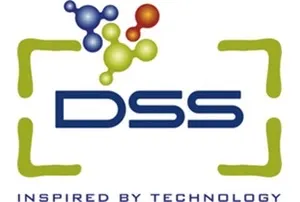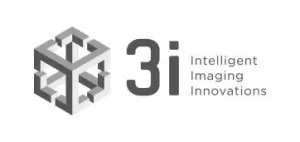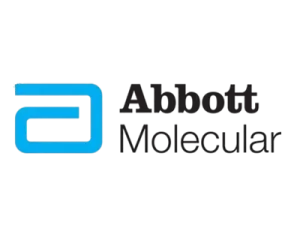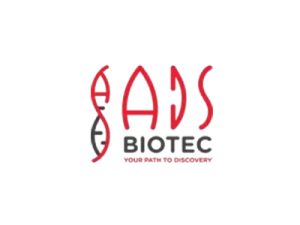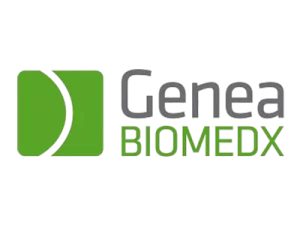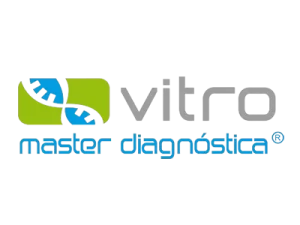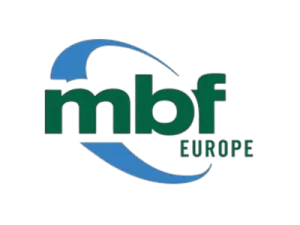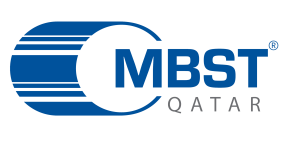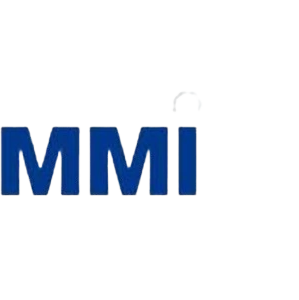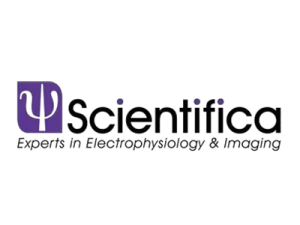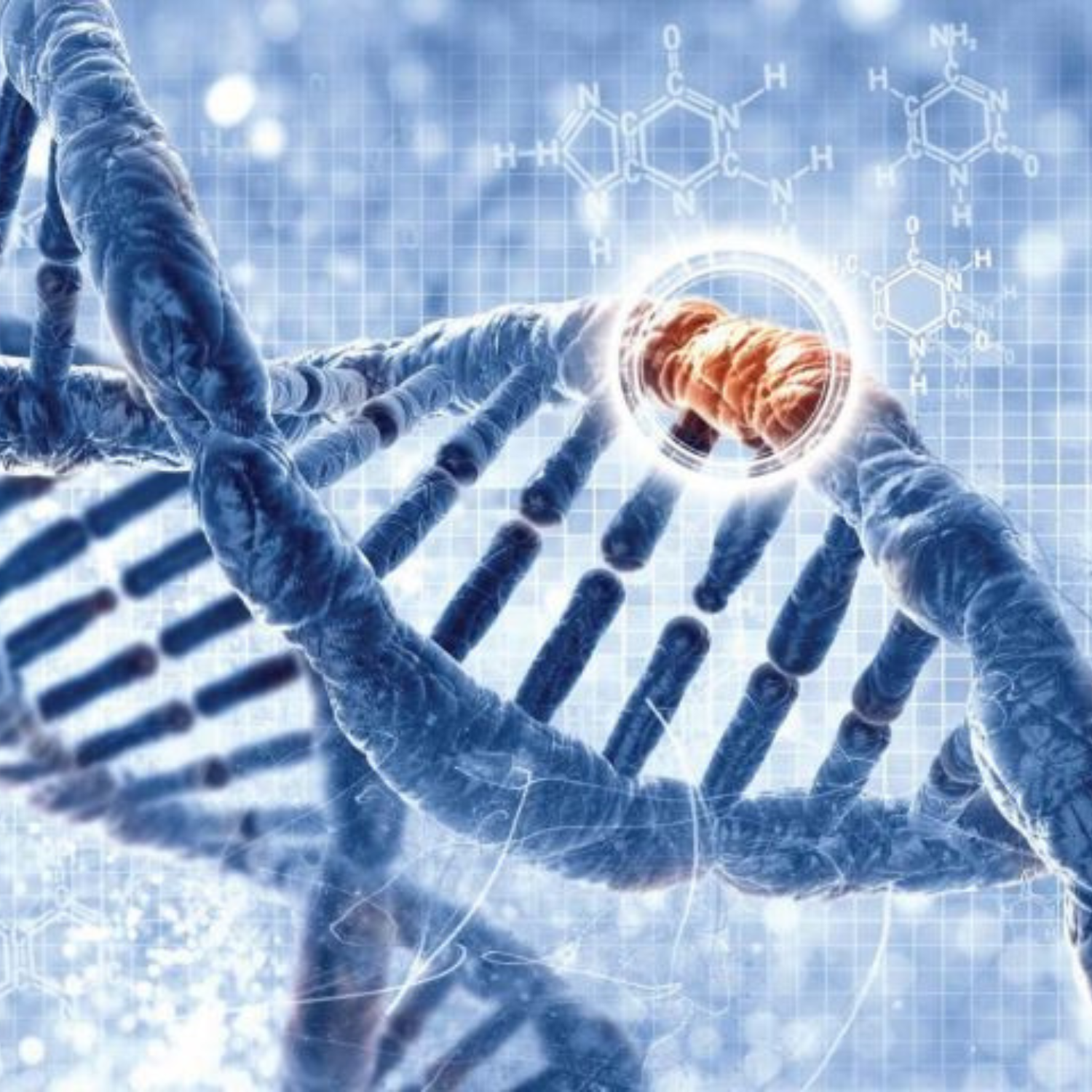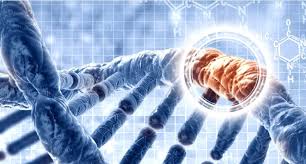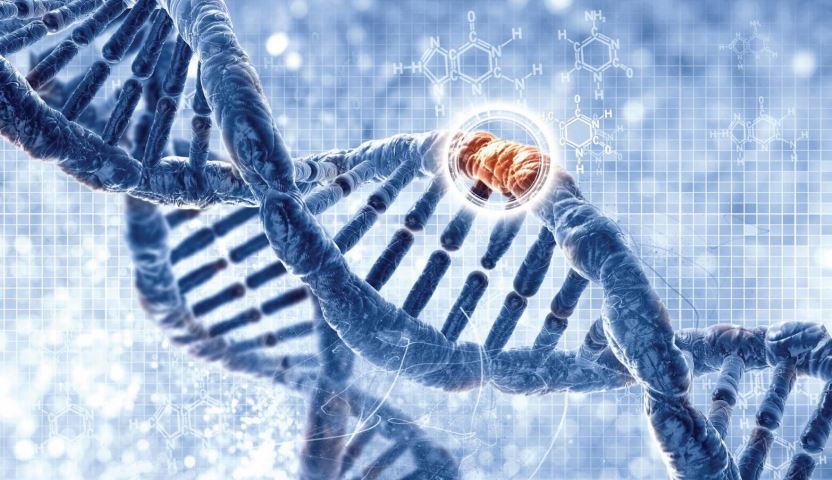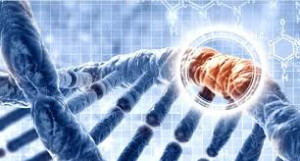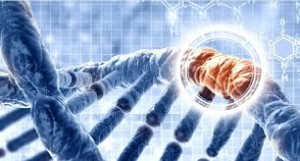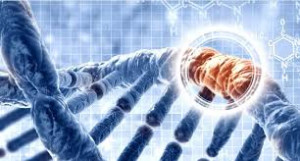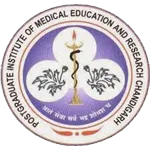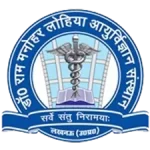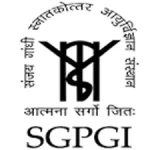DSS: Redefining Biotechnology & Life Science in India
Clinical Diagnostics, ENTROGEN
Entrogen REAL-TIME PCR KITS FOR SAMPLE QUALITY ASSESSMENT
EntroGen’s Sample Quality Assessment kits provide reagents, positive controls, and standards (if applicable) to detect and quantify the amplifiable DNA extracted from patient samples or adaptor-indexed libraries intended for downstream qPCR and NGS assays, respectively.
Clinical Diagnostics, ENTROGEN
Entrogen REAL-TIME PCR KITS FOR THYROID CANCER
Thyroid Cancer Mutation Panel provides reagents for detection of point mutations in BRAF and RAS genes, as well as RET/PTC1, 3 and PAX8/PPARγ fusion genes variants.
Clinical Diagnostics, ENTROGEN
Entrogen REAL-TIME PCR KITS FOR MELANOMA
Entrogen's kits are polymerase chain reaction (PCR)-based assays that use allele-specific primers in a multiplex reaction to identify the presence of BRAF, NRAS, and c-Kit mutations. The assays work by amplifying mutant-specific sequences in samples that contain a mixture of mutant and wild-type DNA and rely on fluorescent probes for detection. Each reaction contains primer sets and probes for detection of the mutations, as well as an endogenous control gene.
Clinical Diagnostics, ENTROGEN
Entrogen REAL-TIME PCR KITS FOR LUNG CANCER
All kits require a real-time PCR instrument capable of detecting FAM and VIC fluorescent probes. Additionally, the Cell-Free EGFR Mutation Detection kit requires the capability to detect ROX and CY5 fluorescent probes.
All reagents required for PCR amplification/detection, as well as validated reaction controls, are included. Columns and reagents for DNA or RNA isolation are not included.
Clinical Diagnostics, ENTROGEN
Entrogen REAL-TIME PCR KITS FOR LEUKEMIAS
EntroGen’s One-Step Detection kits provide reagents to detect and quantify the fusion gene transcripts listed below using total RNA isolated from blood or bone marrow.
Clinical Diagnostics, ENTROGEN
Entrogen REAL-TIME PCR GENOTYPING KIT
The UGT1A1 Genotyping Kit is a polymerase chain reaction (PCR)-based assay that uses allele-specific probes to identify the most common Irinotecan polymorphic variant.
Clinical Diagnostics, ENTROGEN
Entrogen REAL-TIME PCR KITS FOR GASTRO-INTESTINAL STROMAL TUMORS (GIST)
EntroGen’s GIST mutation screening panel is a real-time polymerase chain reaction (PCR)-based assay that uses allele-specific primers to identify the presence of somatic mutations in c-KIT and PDGFRA genes.
Clinical Diagnostics, ENTROGEN
Real -Time PCR Kits for Colorectal Cancer
Entrogen's Mutation Analysis Kit requires a real-time thermal cycler capable of detecting FAM and VIC fluorescence signals. This test includes reagents required for the PCR amplification and signal detection, as well as validated reaction controls. Columns and reagents for DNA isolation are not included.
Clinical Diagnostics, ENTROGEN
Entrogen Real Time PCR Kit for Breast/Ovarian Cancer (RUO)
The PIK3CA gene encodes the p110a subunit of phosphatidyl 3-kinase, a lipid kinase involved in cell growth, proliferation, motility and survival. It has a central role in the PI3K-AKT-mTOR pathway. Somatic mutations in the PIK3CA gene have been implicated in the pathogenesis of several cancers, including colon cancer, gliomas, gastric cancer, breast cancer, endometrial cancer, and lung cancer.
Clinical Diagnostics, ENTROGEN
IDH1/2 Mutation Detection Kit
The key enzymes in cellular metabolism, epigenetic regulation, redox states, and DNA repair are Isocitrate dehydrogenase 1 and 2 (IDH1/2). Mutations in IDH1/2 can lead to the evolution and/or progression of various types of cancer such as secondary glioblastomas and acute myeloid leukaemias (AML). IDH1/2 mutations are linked to abnormal histone and DNA methylation which may generate altered stem cell differentiation and eventual tumorigenesis. The unique features of IDH1/2 mutations make them good biomarkers and promising medication targets.
Clinical Diagnostics, ENTROGEN
BRCA Complete™ Expanded Panel
BRCA Complete™ Expanded Panel is a complete next generation sequencing (NGS) solution for detecting clinically relevant BRCA1 and BRCA2 mutations along with extended coverage of CHEK2, PALB2, RAD51C and TP53.
Clinical Diagnostics, ENTROGEN
NGS Targeted Hotspot Panel (THSP)
NGS THSP stands for NGS Targeted Hotspot Panel is supposed to detect the multiple clinically related hotspot mutations in 16 genes across several tumour types. Its comprehensive multi-gene panels identify hundreds of genes and detect thousands of variants, many of which have unknown factors.
Testimonials & Reviews
